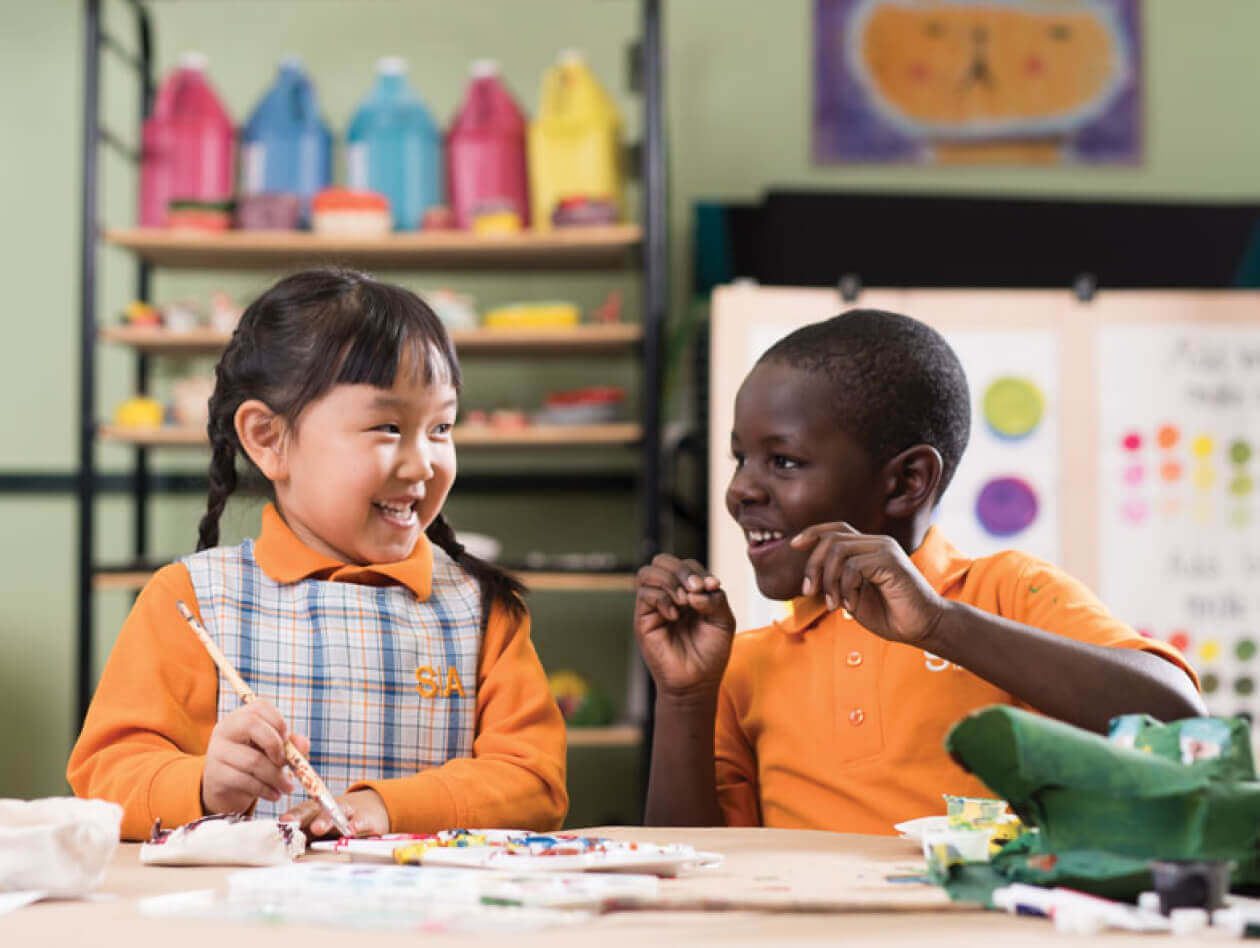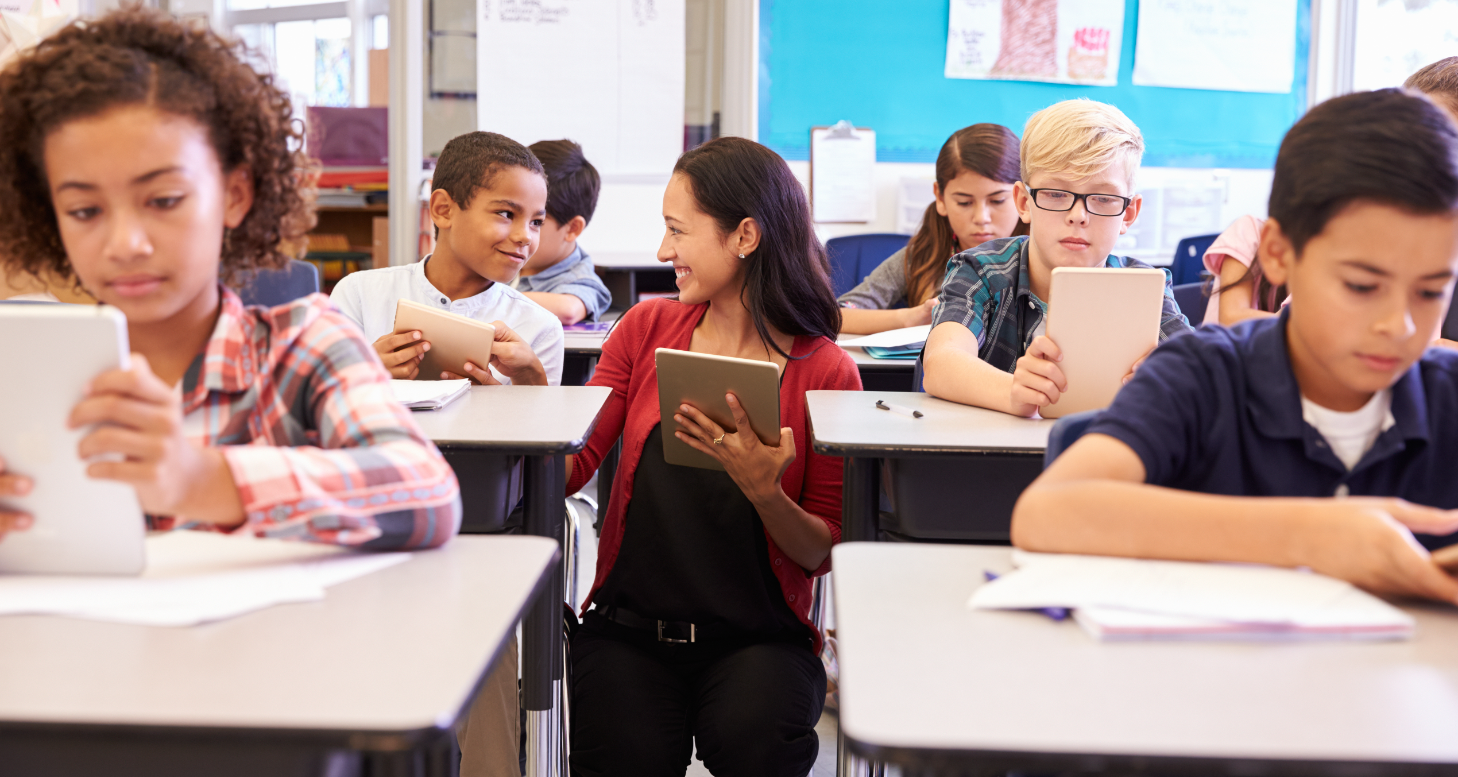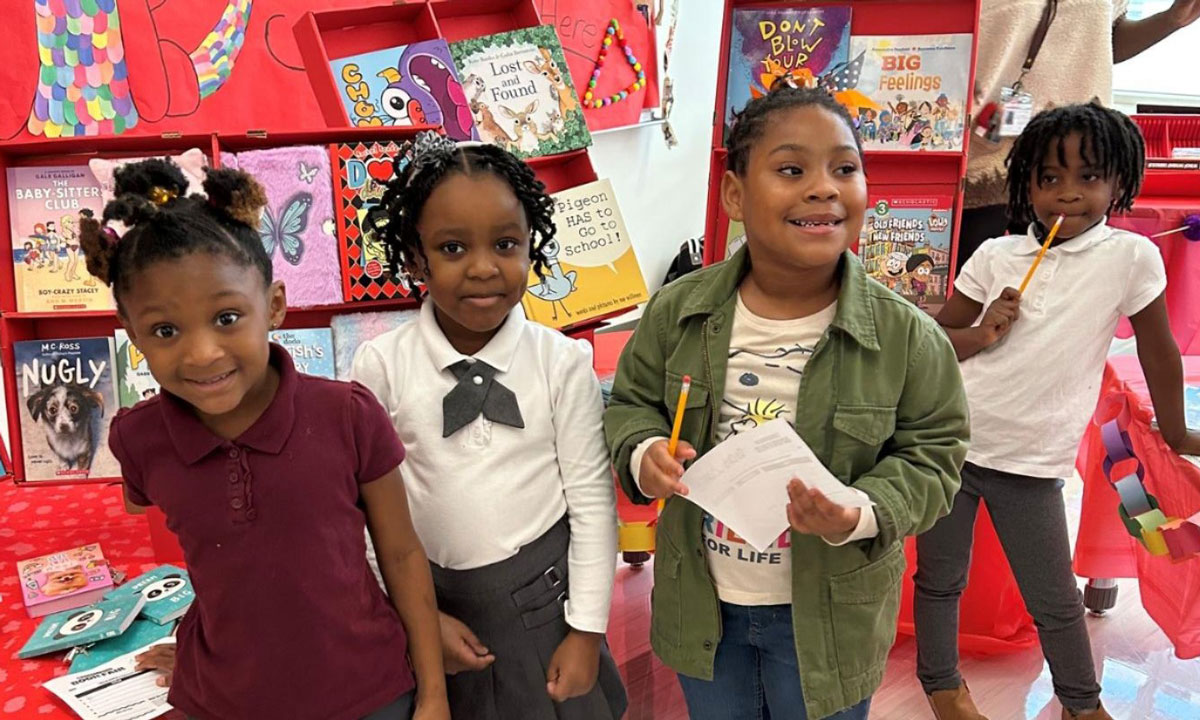Why play-based learning in Kindergarten strengthens early education
Wiki Article
Creative Discovering Activities in Preschool: Enhancing Abilities Via Play and Interaction
Innovative discovering tasks in kindergarten function as foundational experiences for young learners (Grade School). These activities urge ability growth through playful interaction and social communication. Youngsters discover their creativity, enhance interaction, and learn useful social abilities. Each experience adds to their development in one-of-a-kind methods. Comprehending just how these activities shape very early growth reveals the extensive influence of play in education and learning. What details elements make these experiences so effective in nurturing all-around individuals?The Role of Play in Early Childhood Development
While many might take too lightly the significance of play, it acts as an essential element of early childhood development. With play, youngsters discover their settings, foster social abilities, and create cognitive abilities. Participating in unstructured tasks enables them to utilize their imagination, try out problem-solving, and improve their crucial reasoning skills. Moreover, play supplies a safe area for psychological expression, allowing youngsters to browse their sensations and construct durability.Furthermore, play urges physical advancement as youngsters take part in tasks that boost their electric motor abilities and sychronisation. Communication with peers throughout playtime promotes synergy and communication, preparing for future relationships. Kindergarten. Educators and moms and dads acknowledge that play is not just a pastime but an essential element of learning, forming a child's capacity to adjust and flourish in numerous circumstances. Inevitably, play enhances youngsters's lives, preparing them for the obstacles of the future while promoting a lifelong love for learning
Creative Arts and Crafts: Triggering Imagination
Innovative arts and crafts play a substantial function in firing up children's creative imaginations and enhancing their innovative abilities. These tasks encourage self-expression through different tools, such as painting, attracting, and sculpting. By participating in hands-on tasks, children learn to control products, fostering fine electric motor abilities and hand-eye control.Creative arts supply a platform for vital and analytical reasoning, as youngsters explore different techniques and approaches to their creations. This expedition permits them to experiment, choose, and pick up from their experiences.
Collaboration is one more essential element, as kids commonly interact on team jobs, sharing resources and concepts. This communication not just develops social abilities but also supports a sense of area. Eventually, innovative arts and crafts serve as important tools in a kindergarten setting, advertising cognitive, psychological, and social advancement while triggering the innate inquisitiveness and creative imagination of young learners.
Interactive Narration: Building Language Skills
Interactive storytelling works as a powerful device for building language skills in young kids, as it engages them in the narrative process and encourages energetic engagement. Through narration sessions, youngsters are welcomed to listen, respond, and also add to the unfolding tale. This interactive style supports vocabulary growth by revealing them to new words in context.As they participate, youngsters practice essential interaction skills, such as articulation and expression. They learn to sequence events, determine personalities, and comprehend the story, promoting critical reasoning. Additionally, interactive narration frequently includes visual aids, audio effects, and props, which investigate this site better improve involvement and understanding.
Moreover, when youngsters share their very own tales, they experience a feeling of firm and creativity, strengthening their language abilities in an encouraging setting. Inevitably, interactive storytelling grows a love for language and literature, establishing a solid foundation for check here their future scholastic success.
Hands-On Science Experiments: Urging Inquiry
Hands-on science experiments give young students with vital possibilities to explore and make inquiries concerning the globe around them. Taking part in straightforward, interactive experiments permits kindergarteners to ask inquiries, make predictions, and observe results firsthand. These tasks stimulate curiosity and foster a feeling of wonder, motivating kids to investigate the buildings of products, reactions, and all-natural sensations.Experiments such as planting seeds or blending baking soda and vinegar not just show clinical ideas yet additionally improve essential believing abilities. Youngsters learn to document their observations, advertising proficiency and numeracy as they determine, contrast, and document information. In addition, hands-on scientific research promotes a development attitude, training strength as they navigate challenges and learn from errors.

Collaborative Gamings: Promoting Teamwork and Social Skills
Taking part in collaborative games provides kindergarteners an one-of-a-kind system to develop team effort and social skills while constructing on the inquiry-based knowing promoted by hands-on science experiments (Grade School). These video games urge kids to work with each other towards common objectives, advertising interaction and participation. As they browse numerous difficulties, they discover to share responsibilities, work out functions, and solve disputes-- crucial components of effective team effortThrough structured activities such as team problems, relay races, or participating narration, children not just boost their social interactions however likewise reinforce their emotional knowledge. They get understandings right into compassion and assistance, finding out that each youngster's payment is important. Additionally, these joint experiences foster a sense of community within the class, developing bonds that extend past individual play. By incorporating joint games right into the educational program, teachers can lay the foundation for vital life abilities that will certainly benefit youngsters in their future educational and social her response environments.
Often Asked Concerns
Exactly How Can Parents Assistance Creative Discovering at Home?
Moms and dads can sustain innovative learning at home by offering varied products, motivating expedition, taking part in creative play, asking flexible inquiries, and promoting a risk-free atmosphere where kids do not hesitate to share their concepts and creative thinking.
What Materials Are Ideal for Arts and Crafts Activities?
A selection of products improve crafts and arts activities, consisting of construction paper, scissors, adhesive, markers, paints, and recycled things. These sources motivate creativity and allow youngsters to discover their imagination through hands-on experiences.Just How Do Teachers Assess Kid's Imagination?
Educators assess youngsters's creative thinking with monitorings, profiles of job, and open-ended projects that urge self-expression. They assess problem-solving abilities, creativity, and willingness to experiment, giving understandings into each youngster's one-of-a-kind innovative growth and capacities.What Are Some Instances of Outdoor Creative Activities?

Just How Can Social Styles Be Integrated Into Creative Knowing?
Social themes can be integrated into innovative discovering by integrating varied stories, music, art, and practices, encouraging kids to explore and celebrate numerous backgrounds, promoting inclusivity and understanding while boosting their creativity and cognitive skills.Children explore their creativity, enhance interaction, and find out useful social abilities. Via play, kids discover their environments, foster social skills, and develop cognitive capabilities. Furthermore, play encourages physical development as children involve in activities that enhance their electric motor abilities and sychronisation. Innovative arts and crafts play a substantial function in firing up kids's creative imaginations and improving their creative abilities. Interactive narration offers as an effective device for building language skills in young kids, as it involves them in the narrative procedure and urges energetic participation.
Report this wiki page